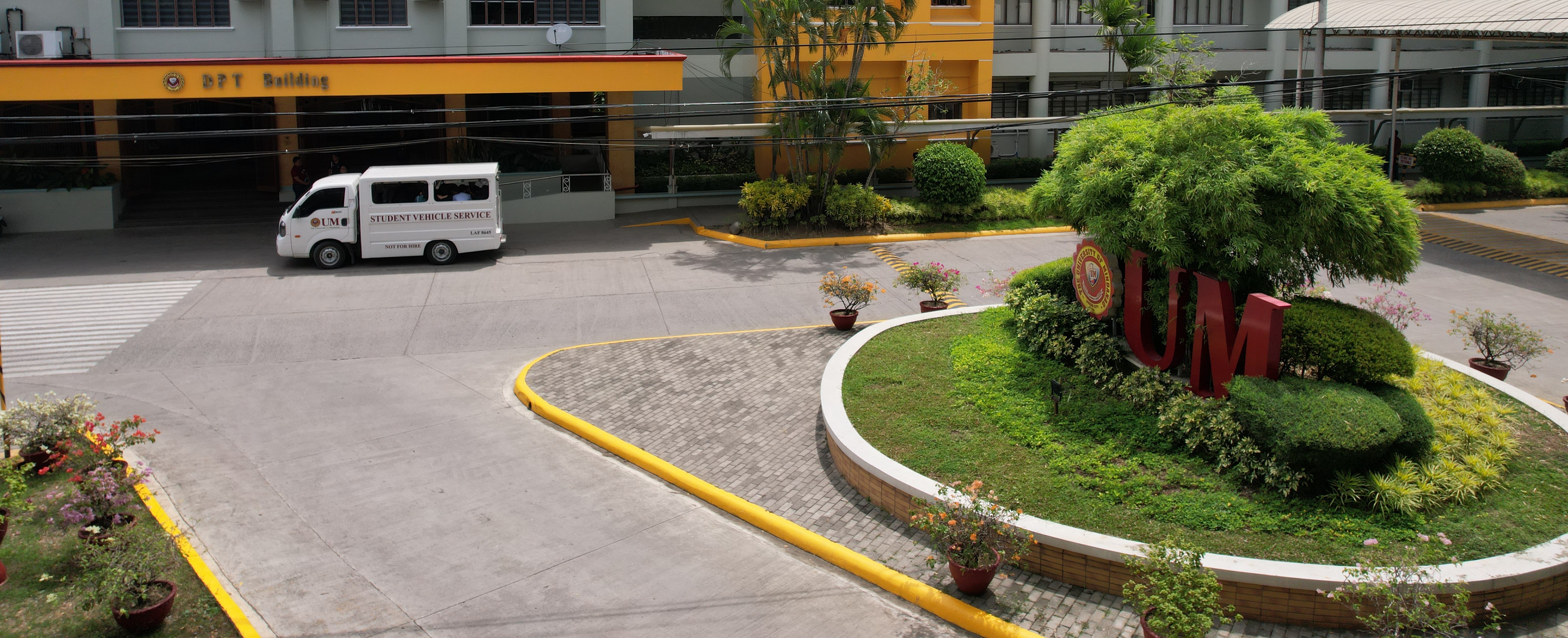
Bachelor of Science in
Accounting Information Systems
About the Program
The program integrates business, accounting, and computer systems expertise. Professionals collaborate with management, overseeing information technology for operational decision-making. They guide software selection, design and maintain systems, assess integrity, identify inefficiencies, and recommend improvements. Accounting information system professionals bridge operational activities, financial resource management, and value preservation, playing a key role in organizational efficiency and strategic decision-making.
Program Educational Objectives
Three to five years after graduation, the graduates are expected to:
- Engage in the field of accounting or entrepreneurial undertaking that provides employment in the community.
- Build and sustain a successful career in accounting through participation or involvement in continuing professional development programs (CPDP) of the profession or pursue advance studies in other related area of specialization.
- Show leadership and ethical responsibility in the practice of profession or in the community.
Student Outcomes
By the time of graduation, the students of the program shall have the ability to:
- Articulate and discuss the latest developments in the specific field of practice (PQF level 6);
- Effectively communicate orally and in writing using both English and Filipino;
- Work effectively and independently in multi-disciplinary and multi-cultural teams (PQF level 6);
- Act in recognition of professional, social, and ethical responsibility;
- Preserve and promote "Filipino historical and cultural heritage";
- Describe the basic functions of management such as planning, organizing, leading and controlling;
- Identify and describe the basic concepts that underlie each of the functional areas of business (marketing, finance, human resources management, production and operations management, information technology, and strategic management) and employ these concepts in various business situations;
- Select the proper decision-making tools to critically, analytically and creatively solve problems and drive results;
- Express clearly and communicate effectively with stakeholders both in oral and written forms
- Apply information and communication technology (ICT) skills as required by the business environment;
- Work effectively with other stakeholders and manage conflict in the workplace;
- Organize and lead groups to plan and implement business related activities.
- Demonstrate corporate citizenship and social responsibility;
- Exercise high personal moral and ethical standards.
- Resolve business issues and problems, with a global and strategic perspective using knowledge and technical proficiency in the area of financial accounting and reporting, cost accounting and management, management accounting and control, taxation, and accounting information systems;
- Conduct accounting information system research through independent studies of relevant literature and appropriate use of accounting theory and methodologies;
- Employ technology as a business tool in capturing financial and non-financial information, generating reports and making decisions;
- Apply knowledge and skills to successfully respond to various types of assessments, and (including professional licensure and certifications);
- Confidently maintain a commitment to good corporate citizenship, social responsibility and ethical practice in performing functions as an accountant; and
- Graduates of universities participate in the generation of new knowledge or in research and development projects.

 Explore in Academia
Explore in Academia